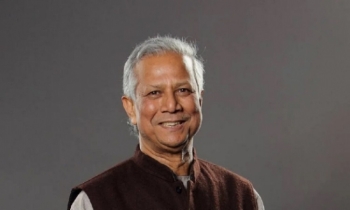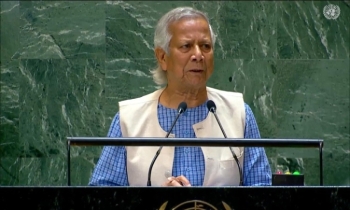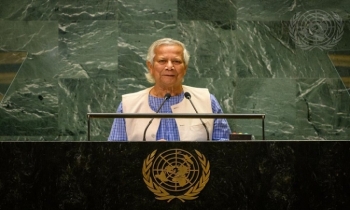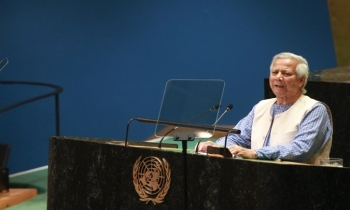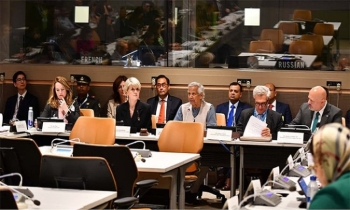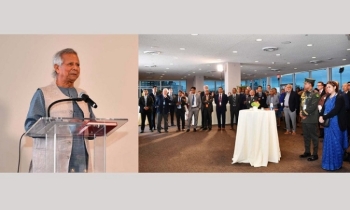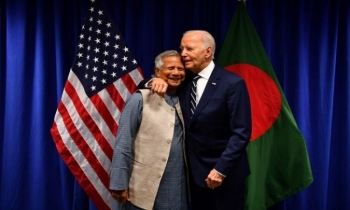Pandemic reverses Bangladesh’s poverty reduction efforts in FY20: Experts
Shoumik Ahmmed Anik || BusinessInsider
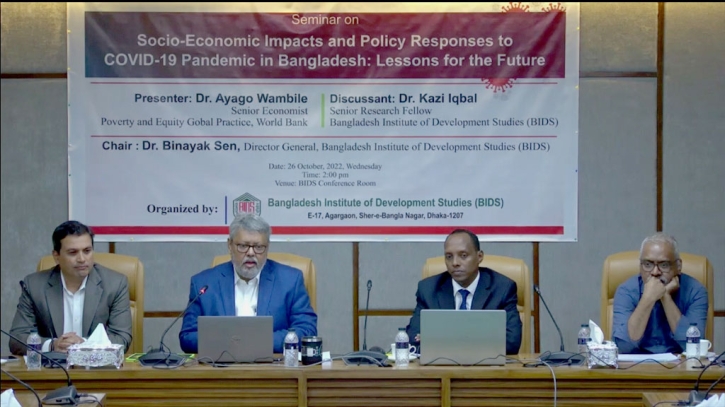
Discussants at a seminar on “Socio-Economic Impacts and Policy Responses to the COVID-19 Pandemic in Bangladesh: Lessons for the Future”, held on October 26. Photo: Business Insider Bangladesh
Though Bangladesh maintained a favourable trend in reducing poverty up until the start of the Covid-19 pandemic, the percentage of people living in poverty grew in 2020, rising from 11.3 to 11.7 percent.
The information was revealed at a seminar, titled “Socio-Economic Impacts and Policy Responses to the COVID-19 Pandemic in Bangladesh: Lessons for the Future”, held at BIDS Conference Room on October 26.
Dr Ayago Wambile, senior economist, poverty and equity global practice, World Bank, presented the keynote at the seminar. Dr Kazi Iqbal, senior research fellow at BIDS, was the designated discussant while Dr Binayak Sen, director general of BIDS, chaired the event.
In his presentation, Dr Ayago Wambile said, “The pandemic negatively impacted the work status of half the population in the 15 months after the first set of lockdowns were introduced. The share of self-employed and those employed in the services sector was lower. However, employment recovered for those in manufacturing, agriculture, and salaried groups across the surveys.”
“While the unemployment rate doubled from 9 to 18 percent, the labour market participation rate among people of working age decreased only slightly from 51 to 49 percent,” he added.
Dr Wambile said that the most food-insecure areas are also among the poorest in the nation, and food insecurity has increased vulnerability. He cited price increases as a significant obstacle to food security as well.
In his speech, Dr Kazi Iqbal said, “In response to the COVID-19 pandemic, the Government of Bangladesh, with the collaboration of the Bangladesh Bank (BB), announced and implemented a series of stimulus packages and refinance schemes that worked as efficiently as they could.”
“The government has scaled up various social protection programmes and emergency healthcare services,” he further stated.
Dr Binayak Sen, in his concluding remarks, said, “The Government of Bangladesh took several policy measures to bolster and rejuvenate the country’s foreign exchange market for smooth liquidity and to support imports, exports, and remittances, which will come in handy to face future challenges.”


